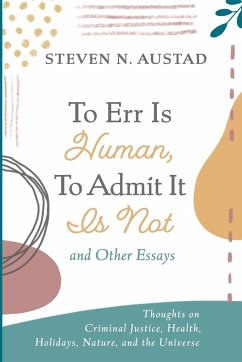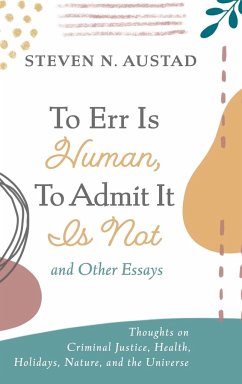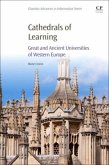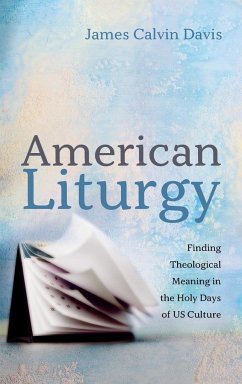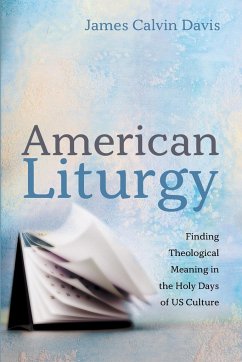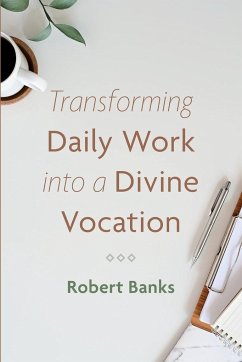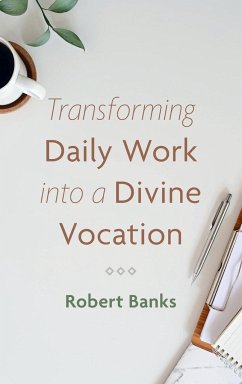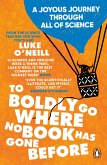What simple practice could reduce fatal medical errors? Do juries make sense if the goal of criminal justice is to discover the truth? What are the alternatives? What kind of health studies should be taken seriously and what kinds should not? In this compendium of short, entertaining essays, Austad answers these very practical questions and others. Do we really become more foolish with age? Is there a limit to how long humans can live? He answers big questions you may not have known you had. What makes up the 95 percent of our universe that we can't see? Why do we think ""natural"" means good for us? He also provides tips on everyday living: how to survive a shark attack, how painful is a fire ant sting, and why opossums make poor pets. These seventy-seven essays cover topics on the workings of science, the history of life, the mysteries of the universe, and the puzzles of everyday life with wit, insight, and humor. Your questions are answered, and more intriguing questions raised. This is a book that will keep you awake at night . . . lost in thought.

